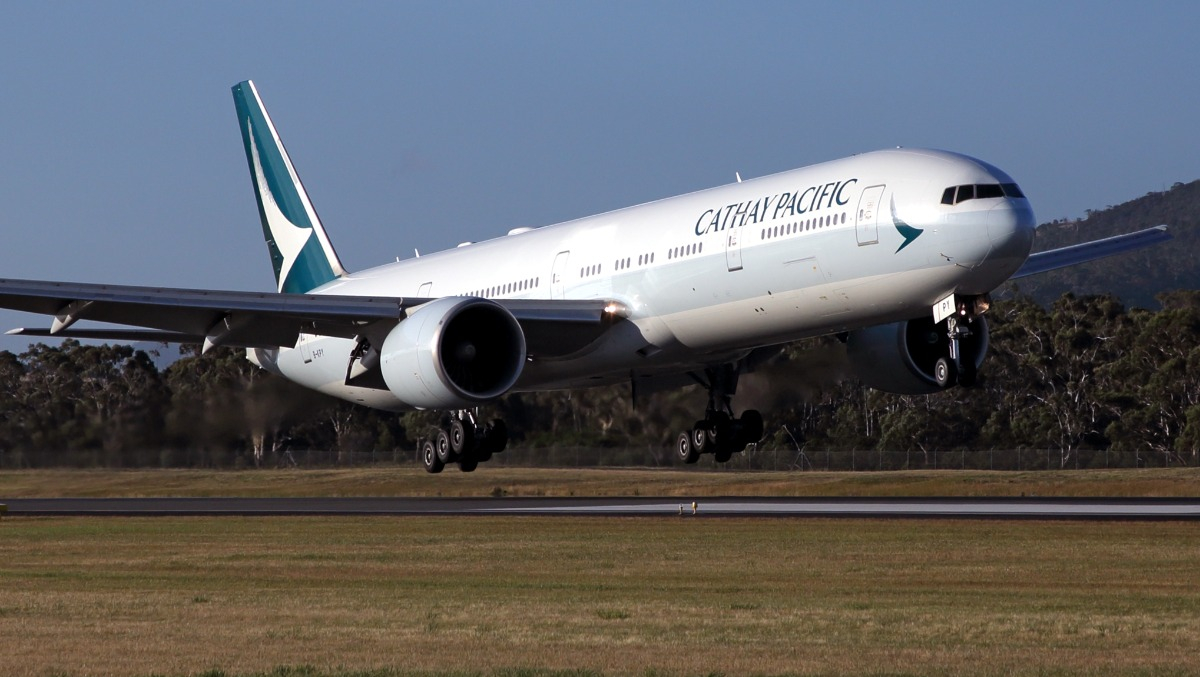
The International Air Transport Association (IATA) has accused countries of playing politics by introducing COVID-19 testing rules for passengers travelling from China.
In a strongly worded statement, its director general, Willie Walsh, called the decisions “extremely disappointing” and said the rules would prove ineffective at keeping infections down.
It comes after countries including the US, UK, Italy, and Australia asked those arriving from China to test negative before boarding the aircraft in response to China announcing it would effectively open its borders after three years.
The decision has proved controversial, with many epidemiologists arguing the rules would make little difference now the virus is epidemic around the world.
“Research undertaken around the arrival of the Omicron variant concluded that putting barriers in the way of travel made no difference to the peak spread of infections,” said Walsh.
“At most, restrictions delayed that peak by a few days. If a new variant emerges in any part of the world, the same situation would be expected.
“That’s why governments should listen to the advice of experts, including the WHO, that advise against travel restrictions.
“We have the tools to manage COVID-19 without resorting to ineffective measures that cut off international connectivity, damage economies and destroy jobs.
“Governments must base their decisions on ‘science facts’ rather than ‘science politics’.”
The IATA is a trade association of the world’s airlines founded in 1945, while its head was a previous CEO of both Aer Lingus and British Airways.
Walsh’s intervention follows New Zealand refusing to implement new rules, and after it emerged Australia’s Chief Medical Officer, Paul Kelly, was strongly against the restrictions, which he said were “disproportionate to risk”.
China is set to fully open its border by axing quarantine on 8 January, and the testing changes will come into effect on 5 January.
On Wednesday, the federal opposition continued to question the handling of the new restrictions, with Nationals leader David Littleproud demanding Health Minister Mark Butler “come out of hiding”.
Opposition leader Peter Dutton similarly accused the federal government of “lacking a plan” and “making it up as they go along”.
Despite the criticism, Treasurer Jim Chalmers earlier defended the change of stance and hinted it was influenced by similar moves made by other countries.
“It is not an especially onerous requirement that people have a negative test when they come here from that part of the world,” Dr Chalmers told Sky News.
“The Chief Medical Officers are people we work with closely. We respect their advice. Of course, one of the points that they’ve been making is we need to do better when it comes to surveillance of people coming to the country. There’s an element of uncertainty about the data coming out of China.
“So for all of those reasons, we’ve taken this decision out of an abundance of caution consistent with what’s happening around the world in other countries with which we compare ourselves.”
Passengers transiting won’t be covered by the new rules, including those laying over in Hong Kong, Macau and even mainland China. The tests will though be required to be monitored by a medical professional if using a RAT test rather than a PCR test.















